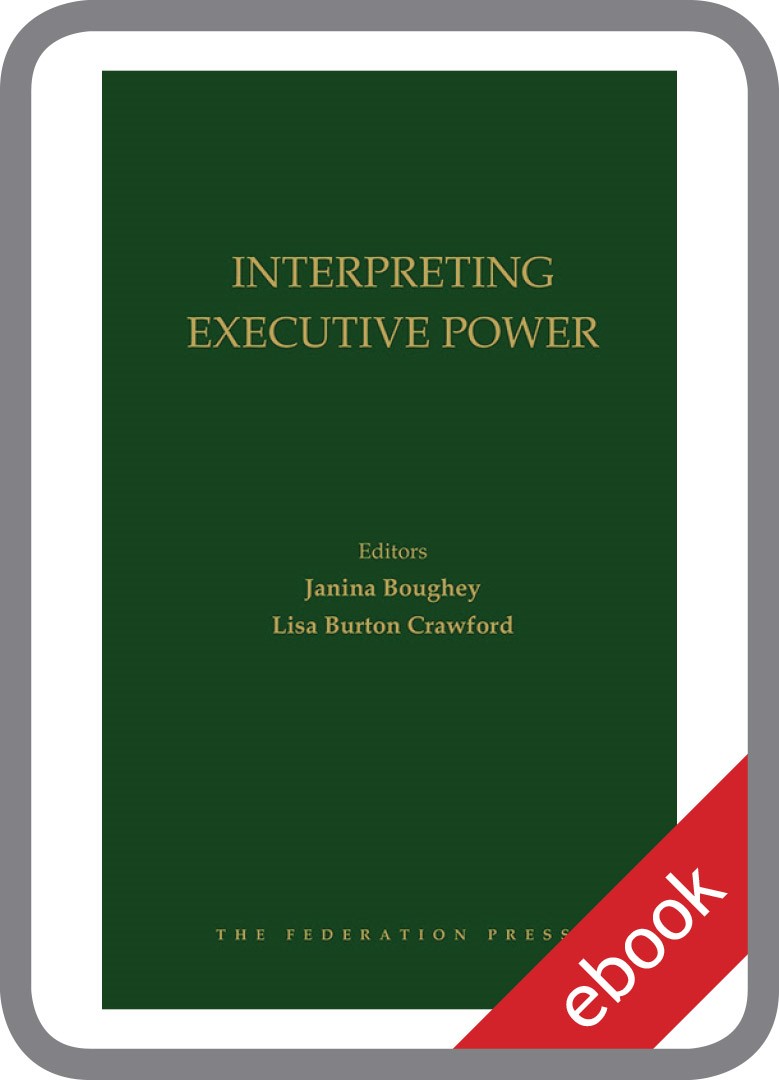Tribunals are a flexible method of adjudication that hear disputes between citizens and by citizens against government. They come in diverse forms, and their adjudications far outnumber those of courts.
For most people, tribunals are the face of justice. Increasing attention is being paid to tribunal procedures, what decisions they can make, and who are appointed as tribunal members.
This book provides a contemporary snapshot of tribunals and tribunal jurisprudence in the common law world, with contributions and comparative studies from Australia, Canada, New Zealand and the United Kingdom.
The book provides a snapshot of tribunals and their place in the judicial system and would be a useful addition to any law library., Contributors include international tribunal experts, judges and legal practitioners.
Australian Law Librarian, Vol 17 No 3, 2009
The papers in this book of development in tribunals in four different countries (Australia, New Zealdn, Canada and Britian), written by a well selected group fo scholars and tribunals members, will go some way to addressing their lack of recognition. The book provides a useful update on tribunal developments on several fronts. It covers the increasing attempts to secure independence for tribunals and their members, the pitfalls in the over reliance on the judicial model in tribunals and the reforms to tribunals that are occurring in different jurisdictions.
(2009) 16 AJ Admin L 173
The book contains a very useful overview of the tribunal scenes in Australia, Canada, New Zealand and the UK, including details of constitutional arrangements to enable the reader to understand differences. There are essays dedicated to natural justice questions in the UK and New Zealand which would be very useful resources for the administrative lawyer hoping to plunder arguments and judicial opinions given beyond our shores. Those interested in whether the High Court will retain the rule in Osmond1 that there is no common law duty to give reasons may find the detailed discussion of the position in New Zealand helpful….
Queensland is set to follow Victoria, New South Wales and the Commonwealth in creating a new super-tribunal, to be called the Queensland Civil and Administrative Tribunal (QCAT). It will absorb dozens of specialist tribunals. Much work is currently being undertaken on which tribunals will be absorbed and how the new tribunal will be constituted and operate. After QCAT commences, there will no doubt be a period of settling in during which participants as well as tribunal members and staff will influence the development of its practice and procedures. For barristers appearing in the newly formed QCAT, it may be beneficial to be armed with comparative knowledge of emerging general principles applicable to the concept of a tribunal. If that is correct, then Tribunals of the Common Law World will be a work well worth examining.
In any event, the book is a worthy scholarly contribution to knowledge in the areas of comparative, public, administrative, and constitutional law.
Gavin Rebetzke, Hearsay, Issue 36, August 2009, Bar Association of Queensland






